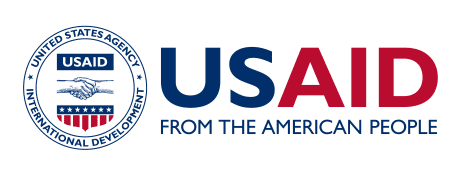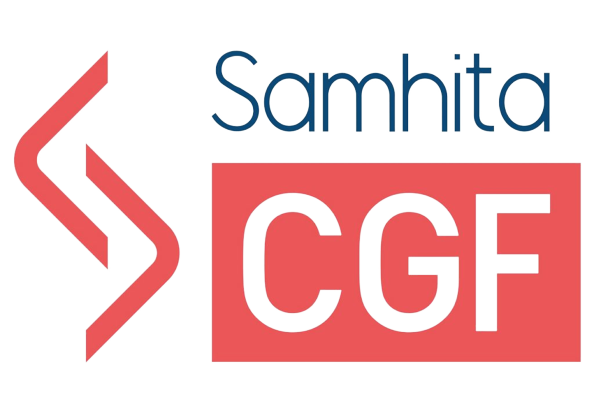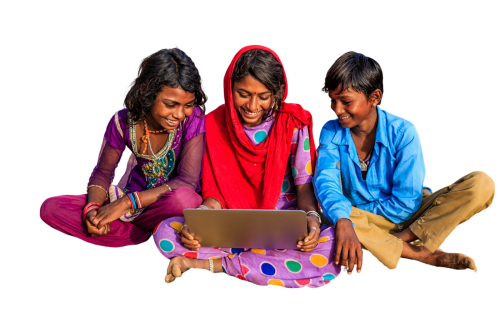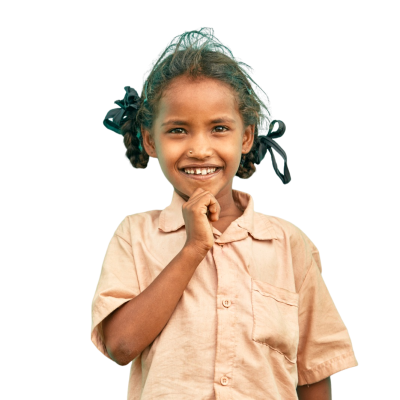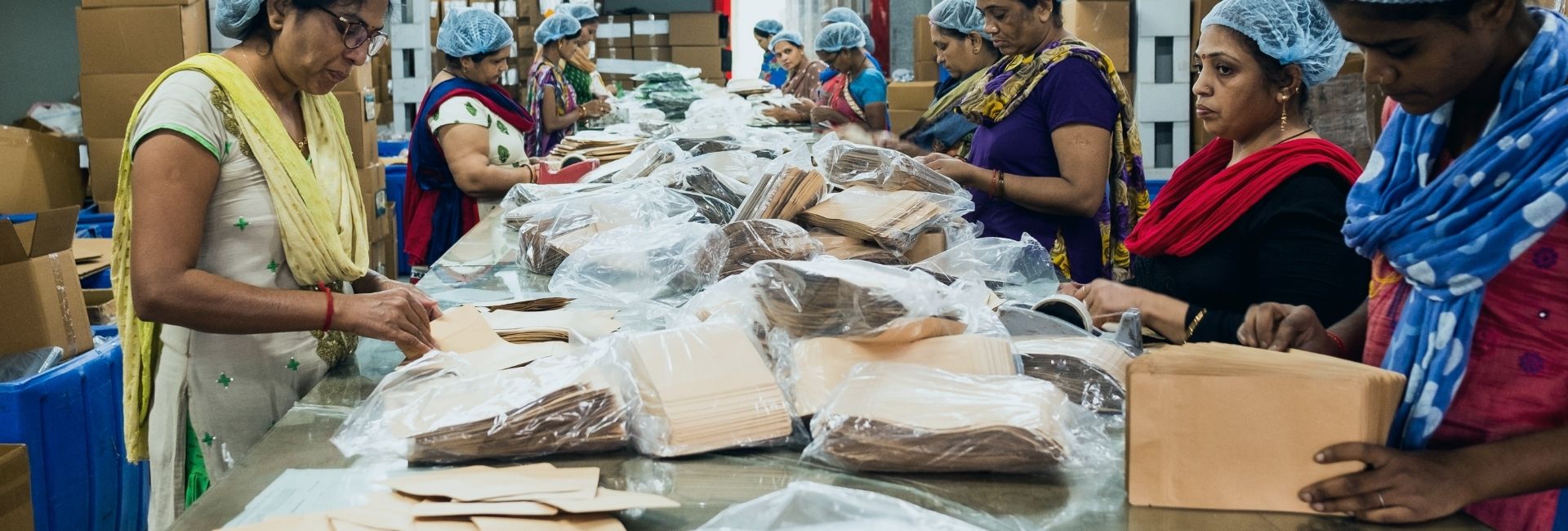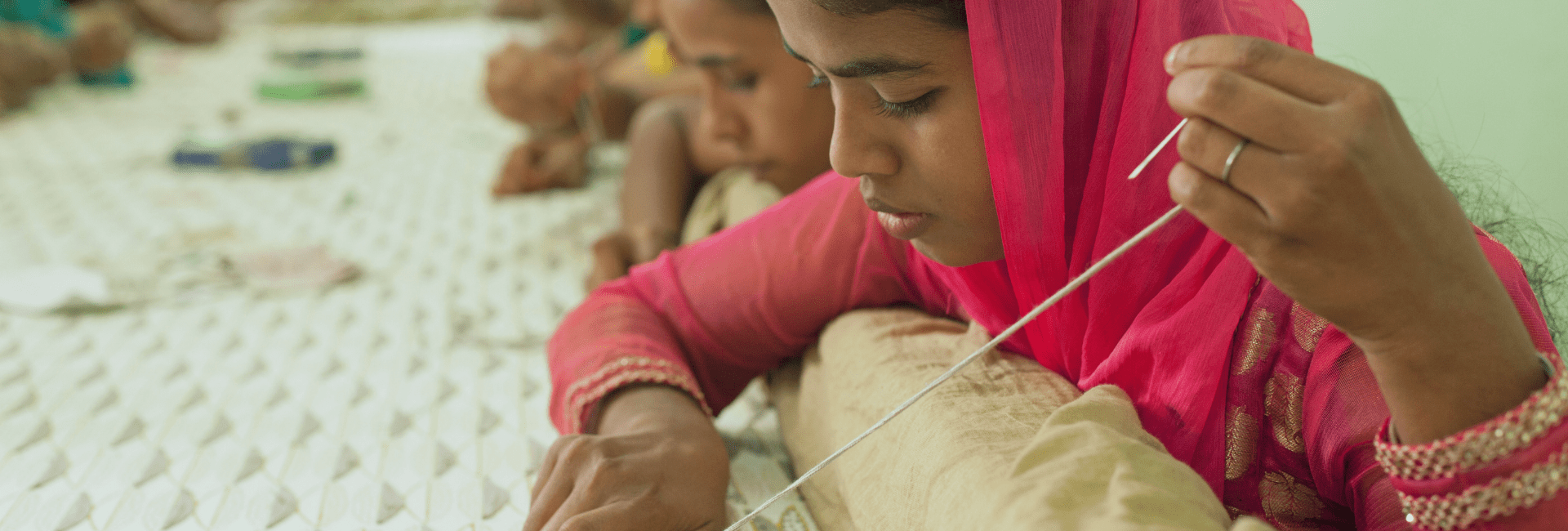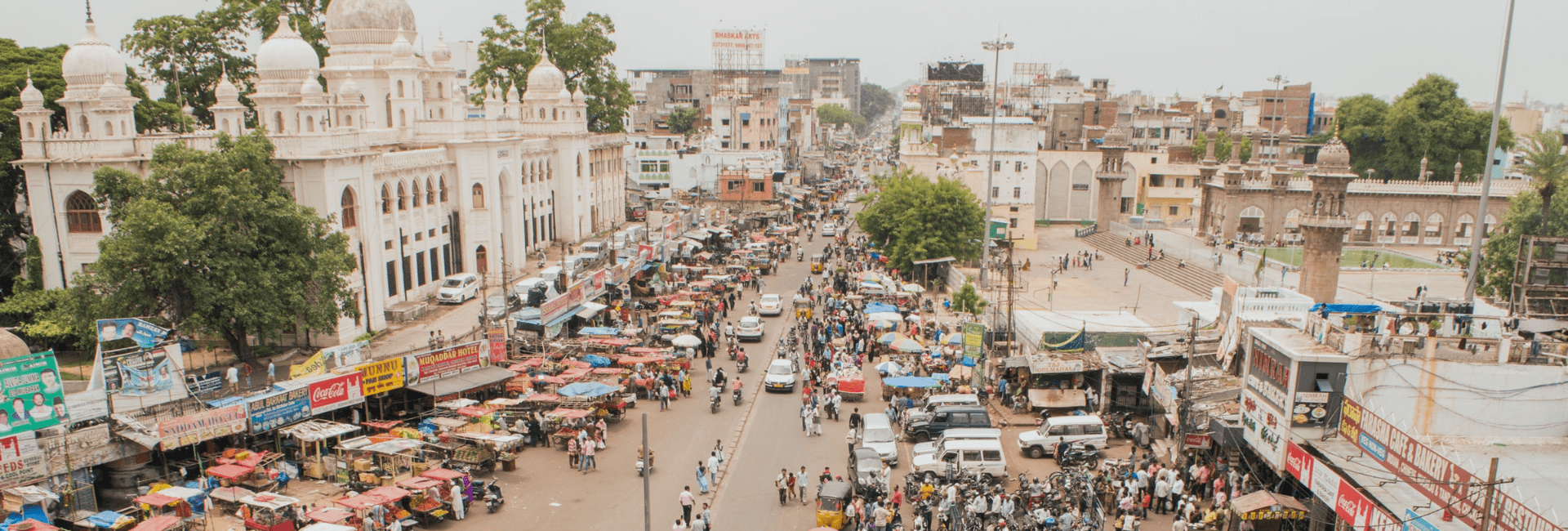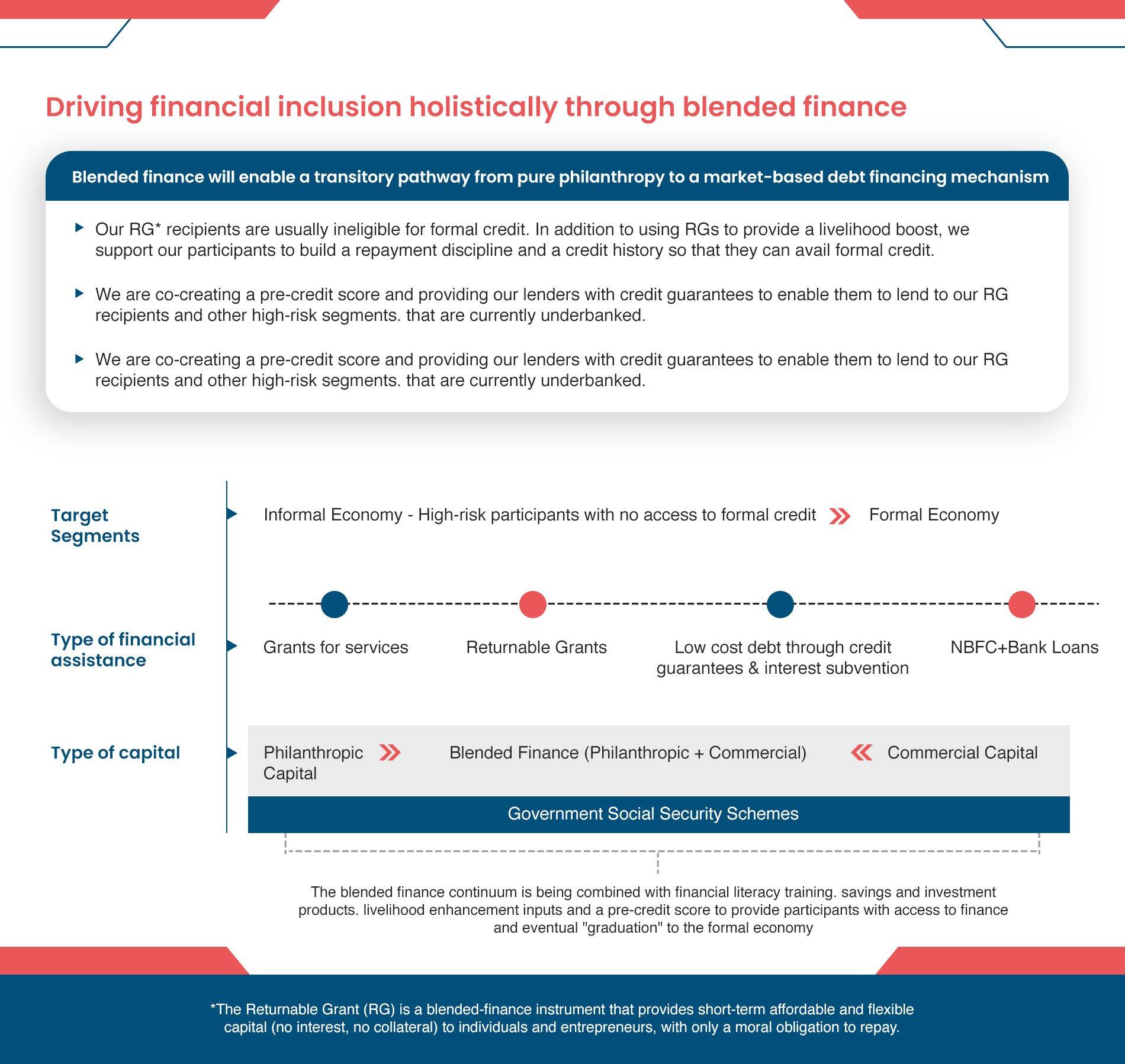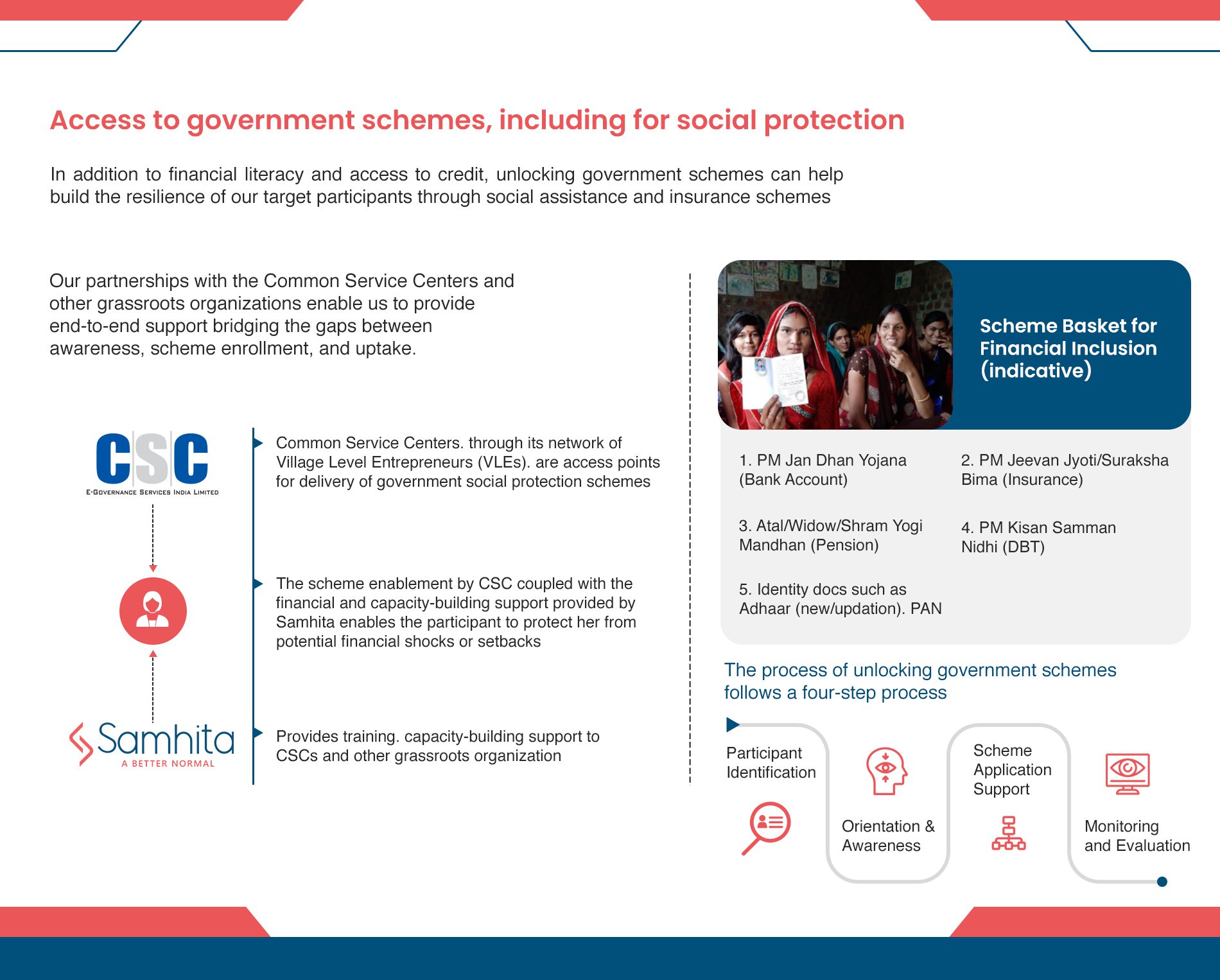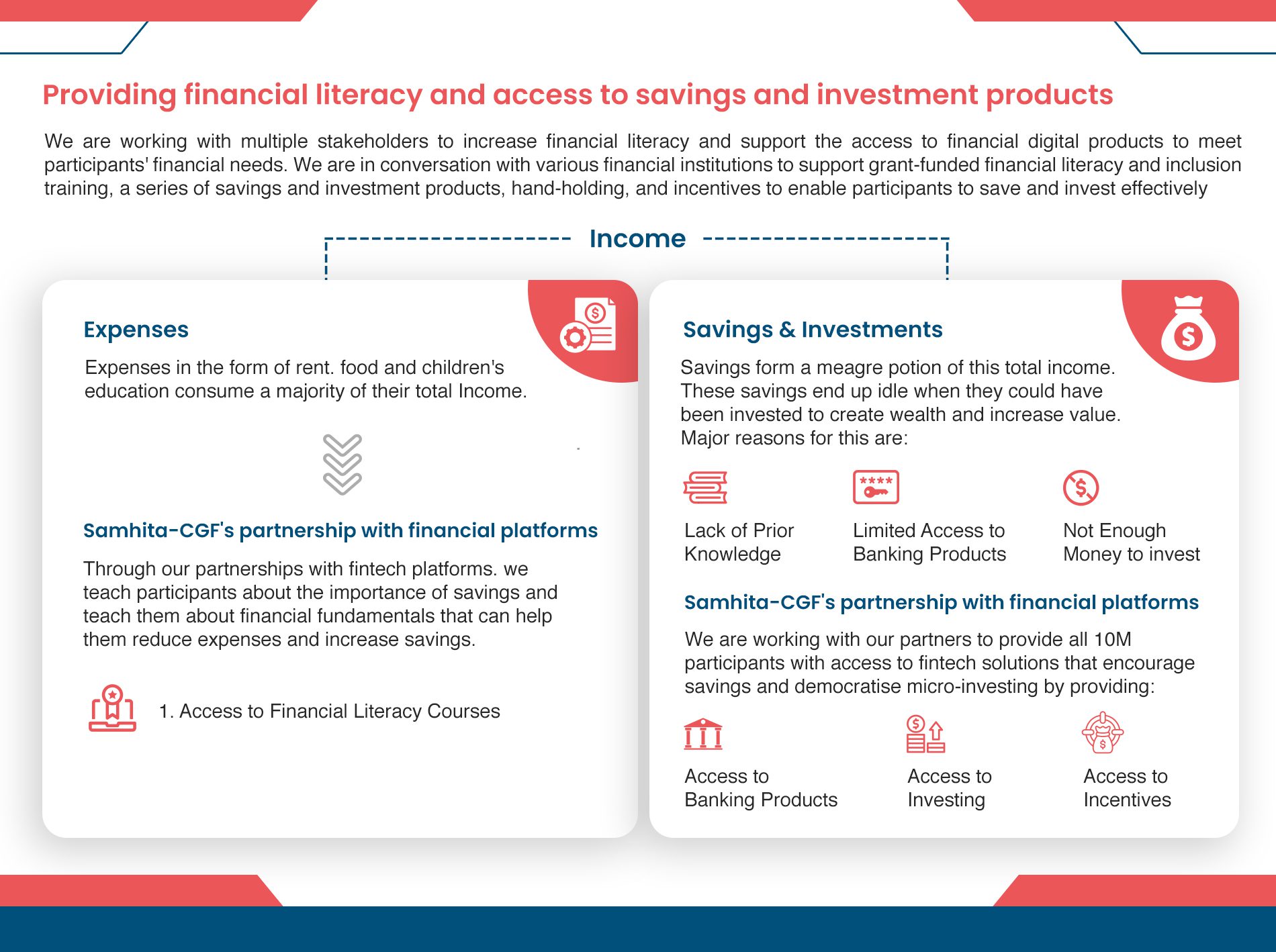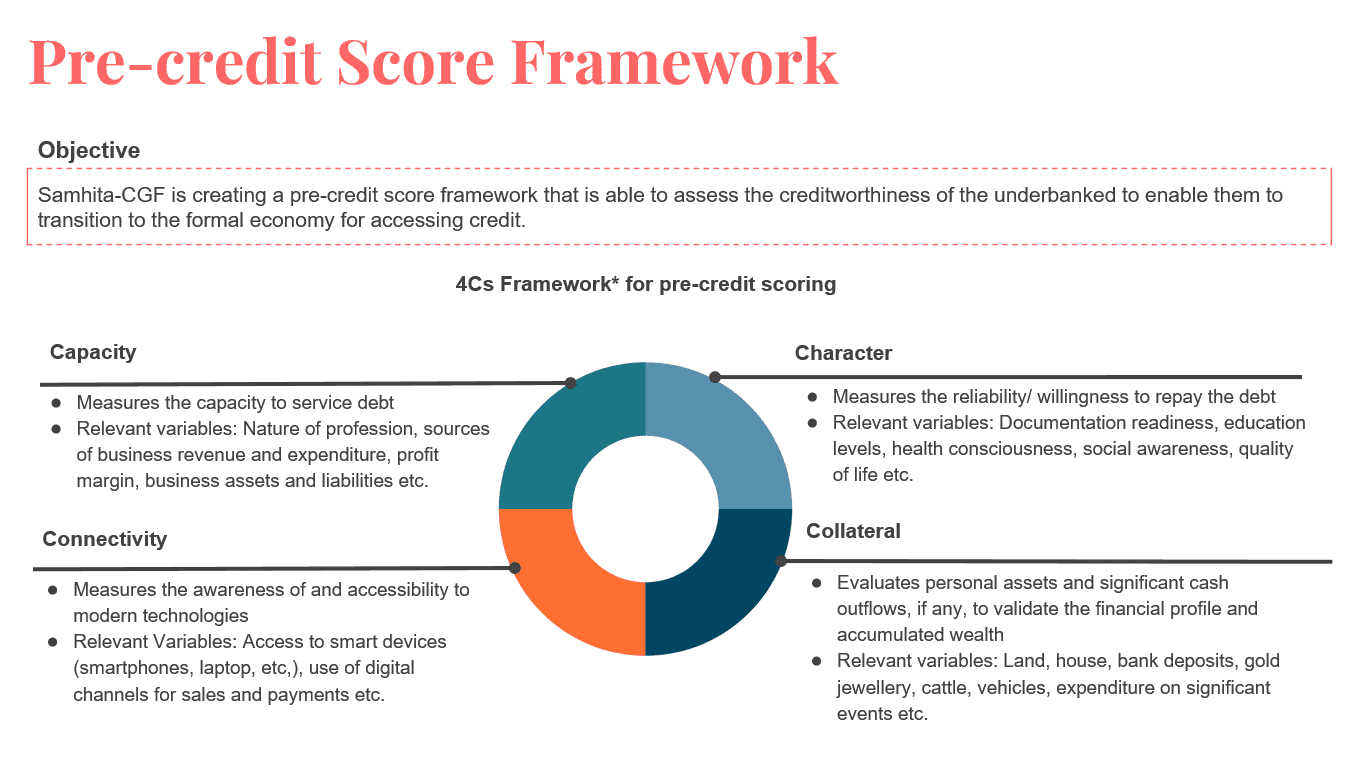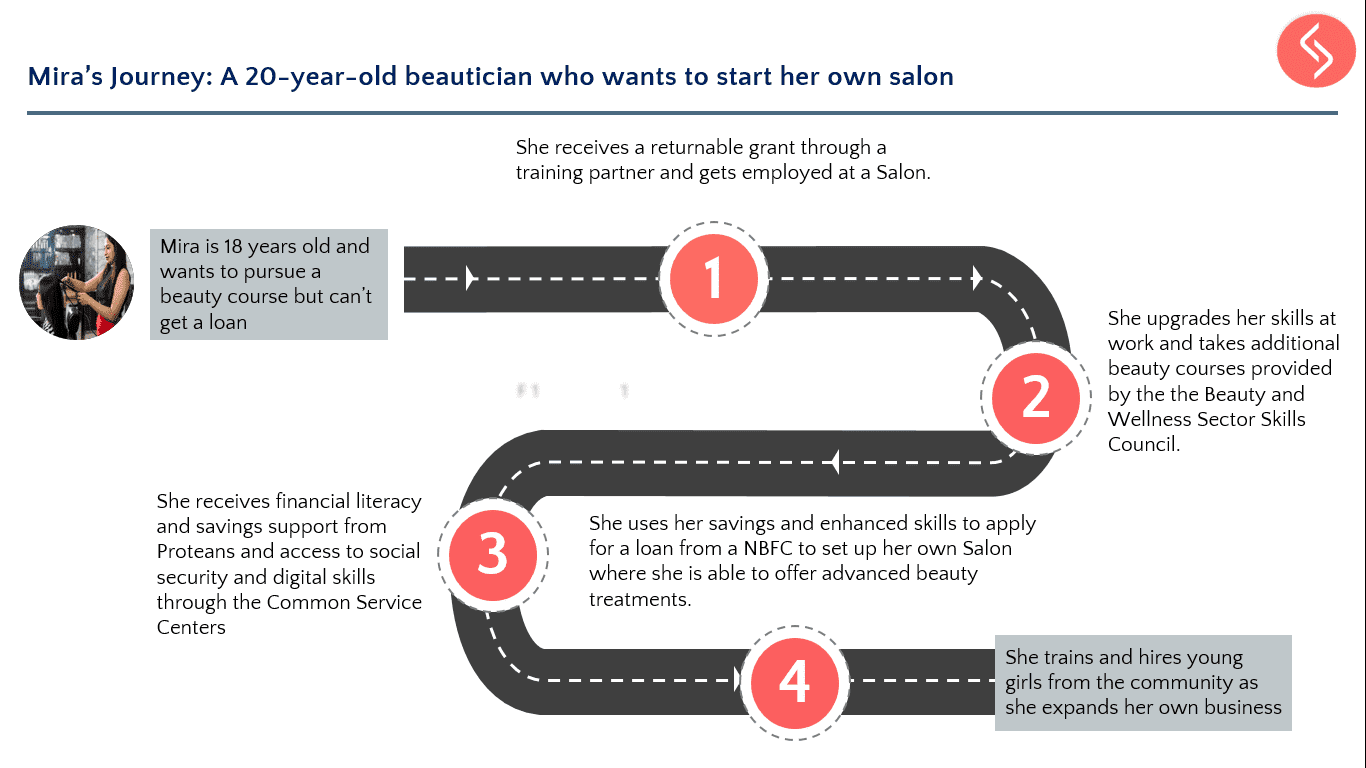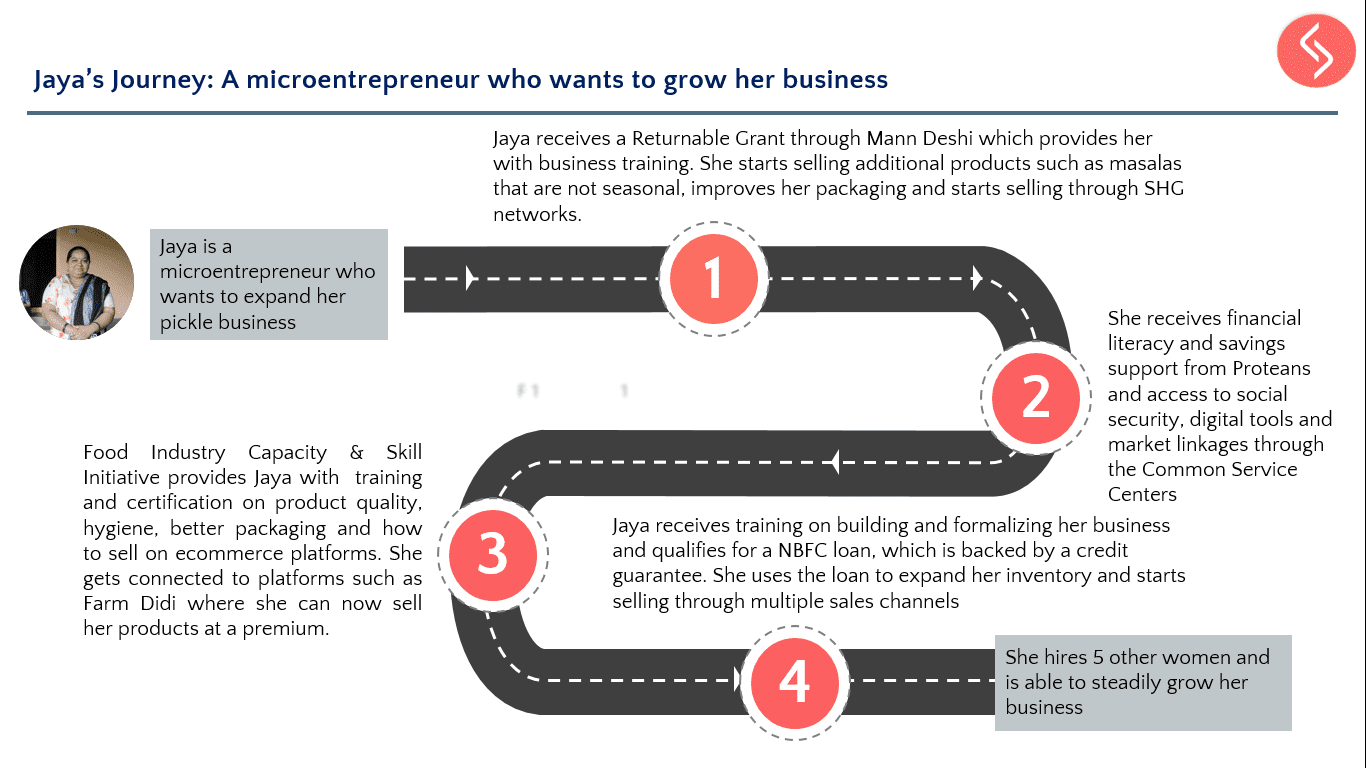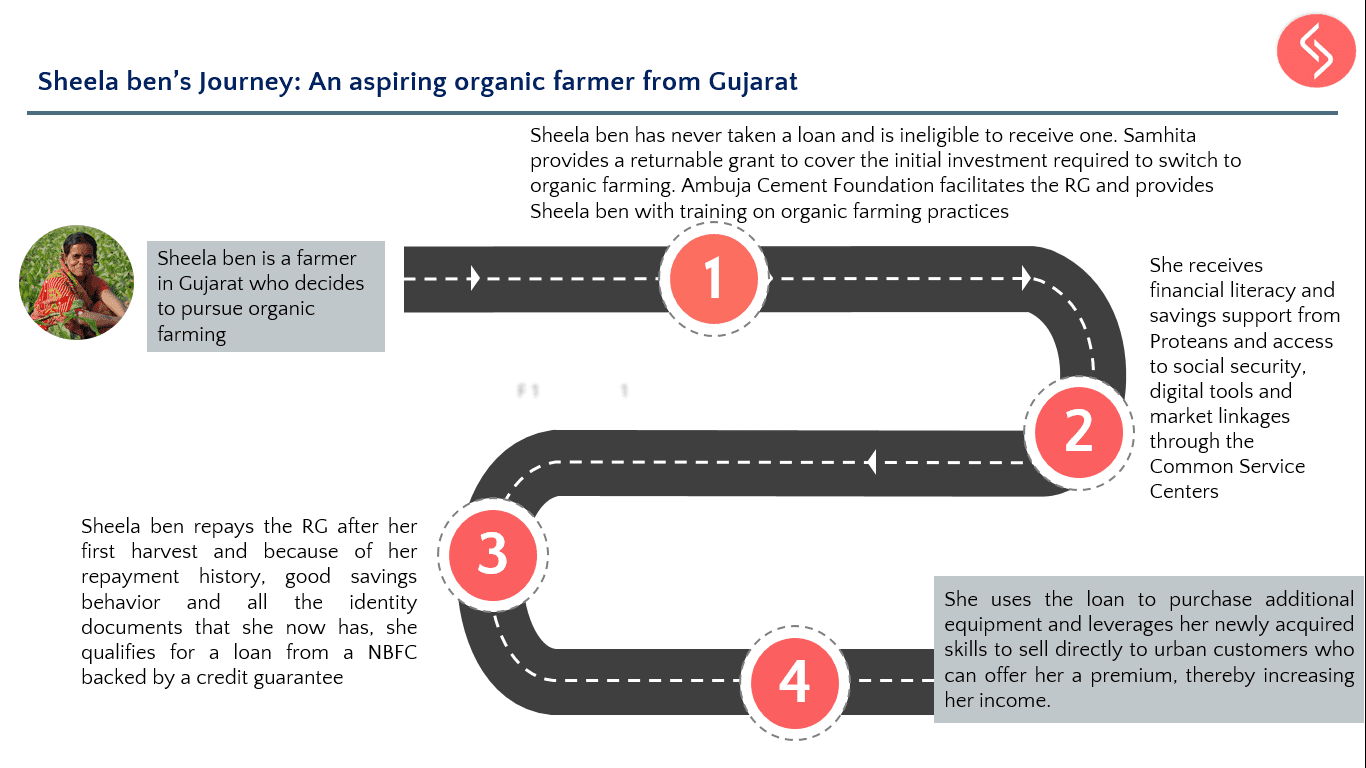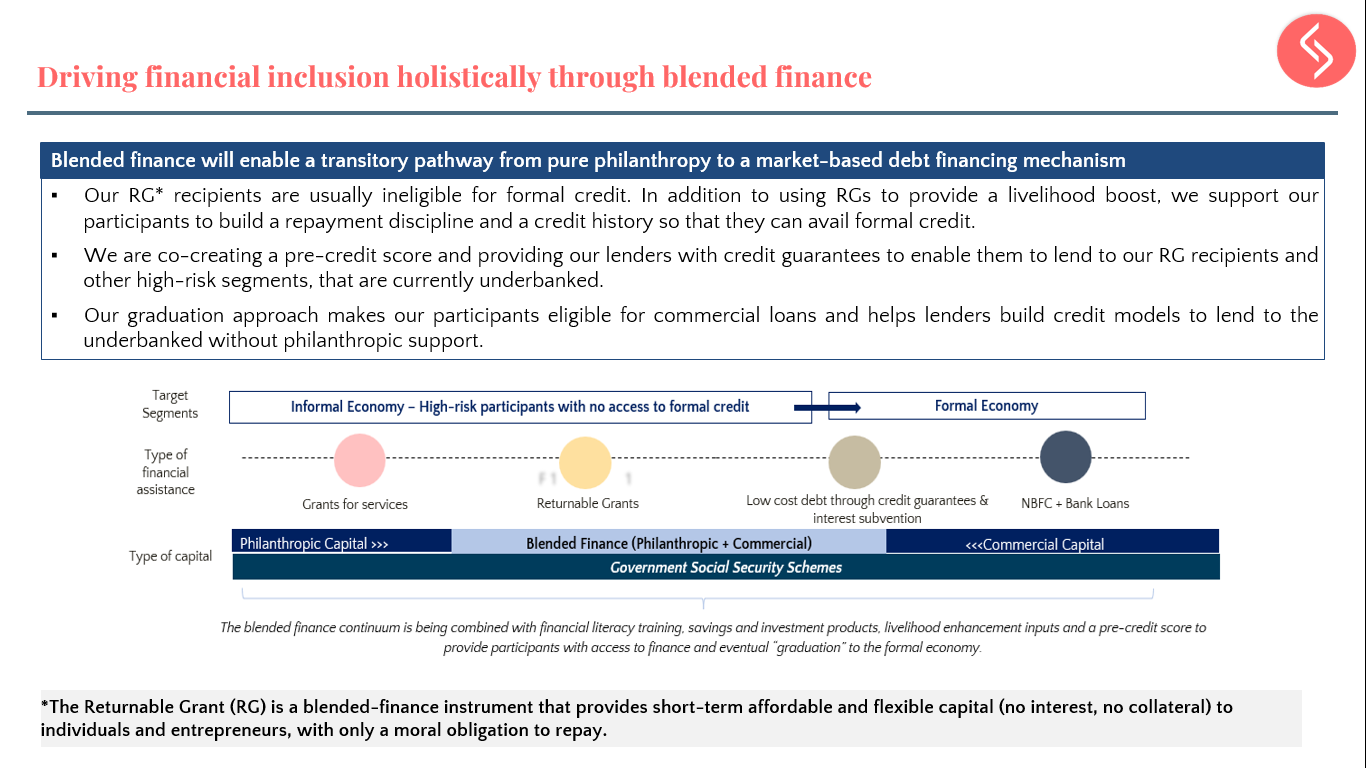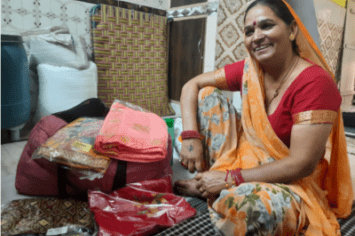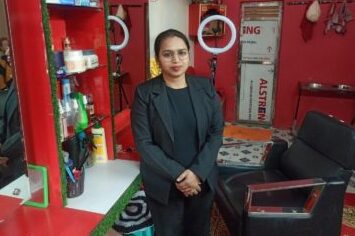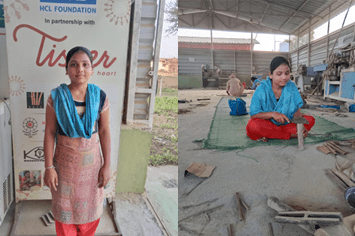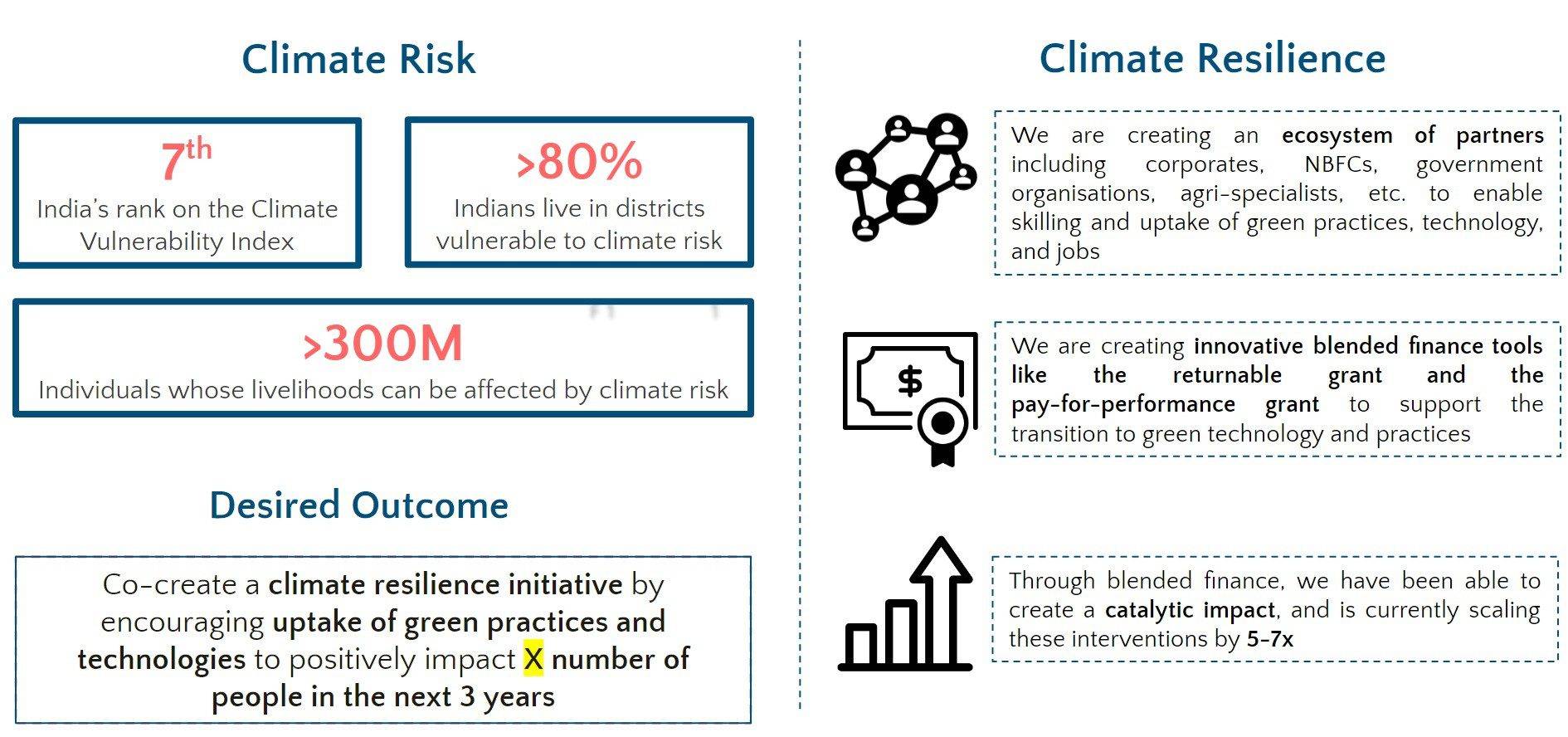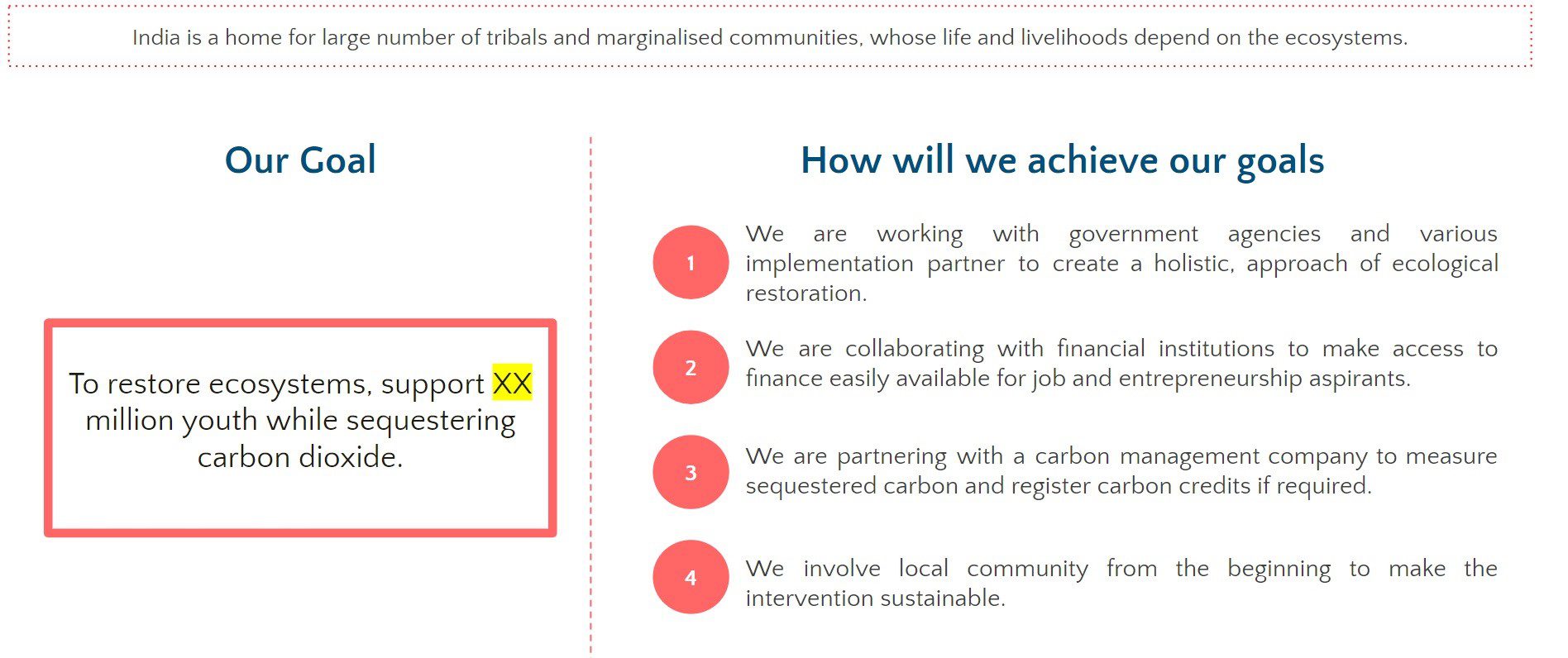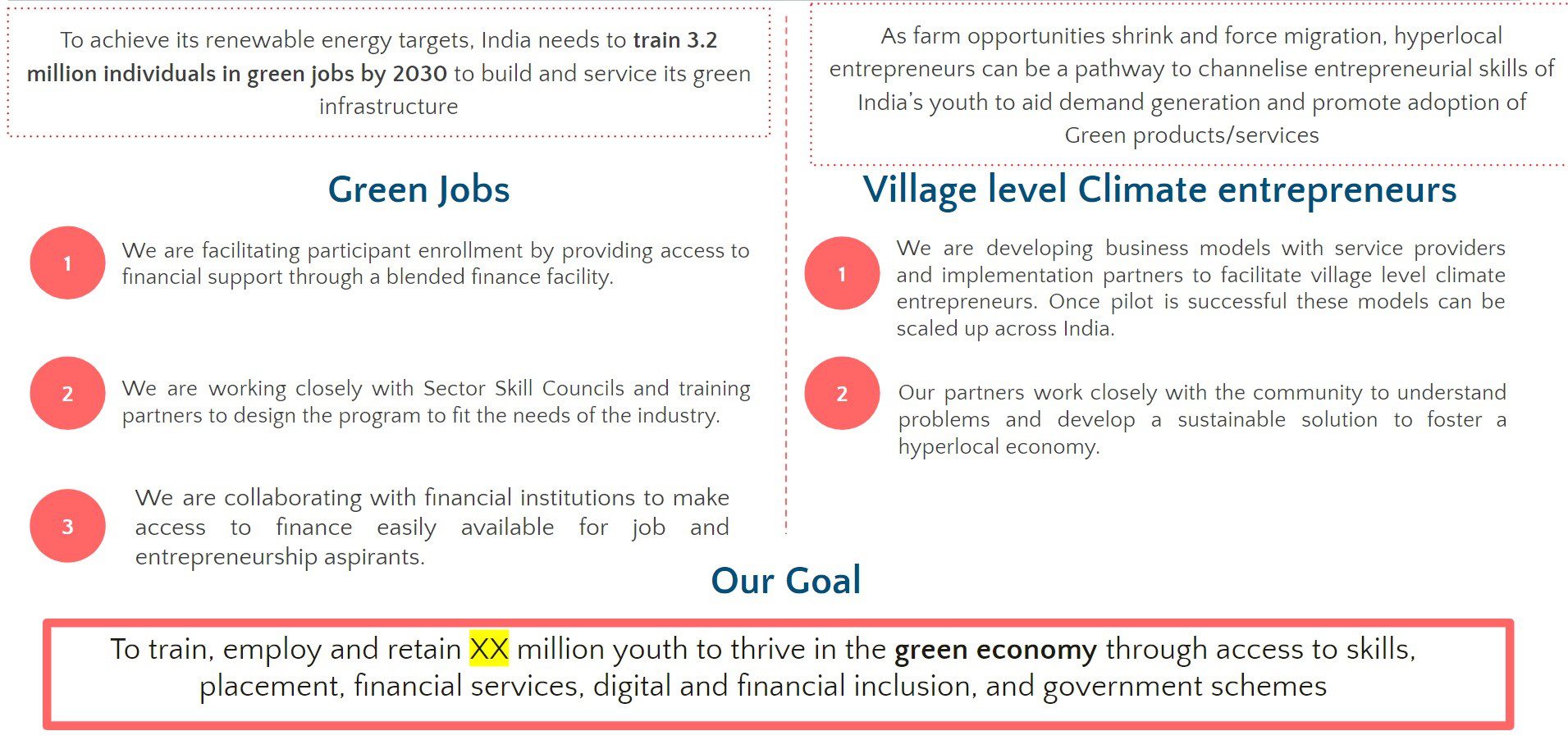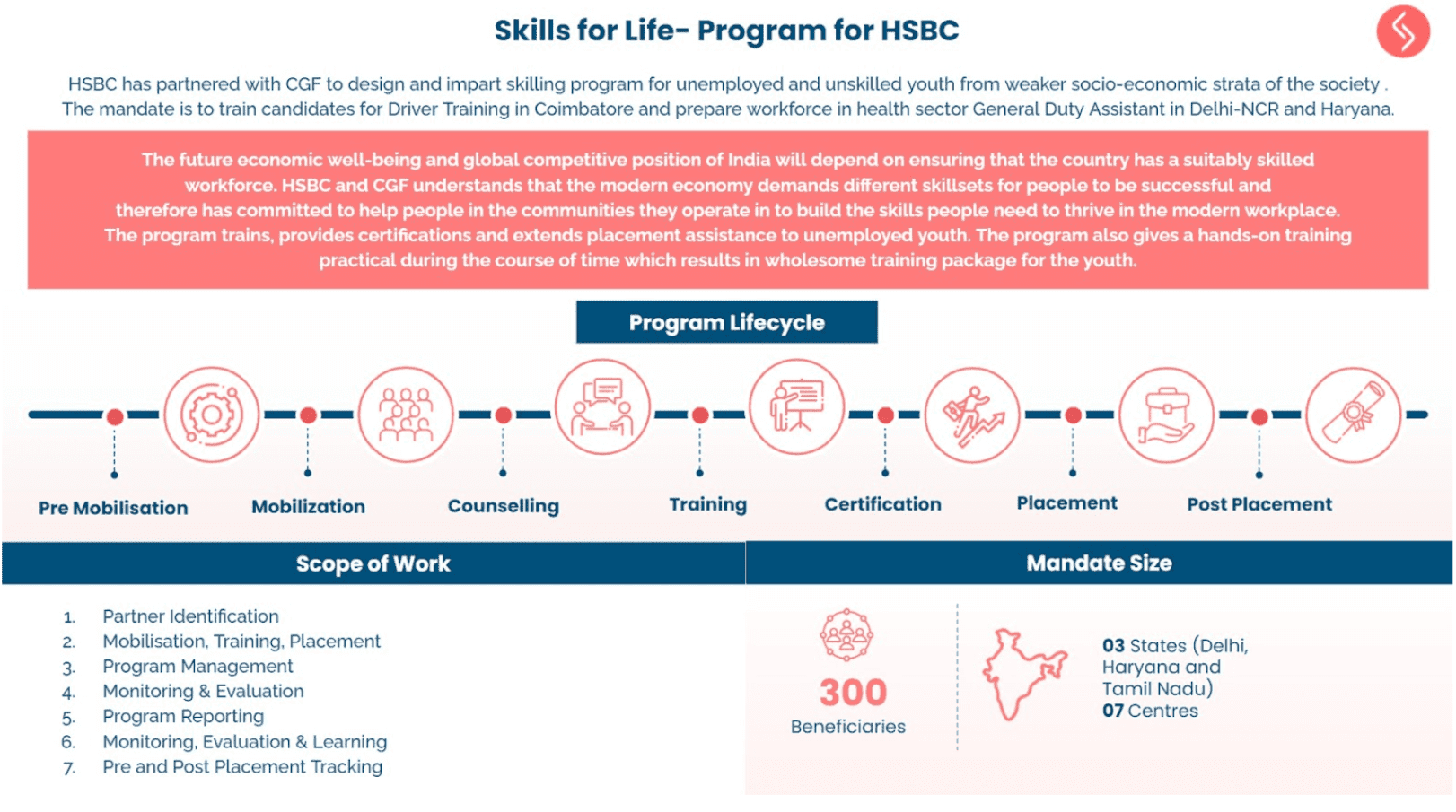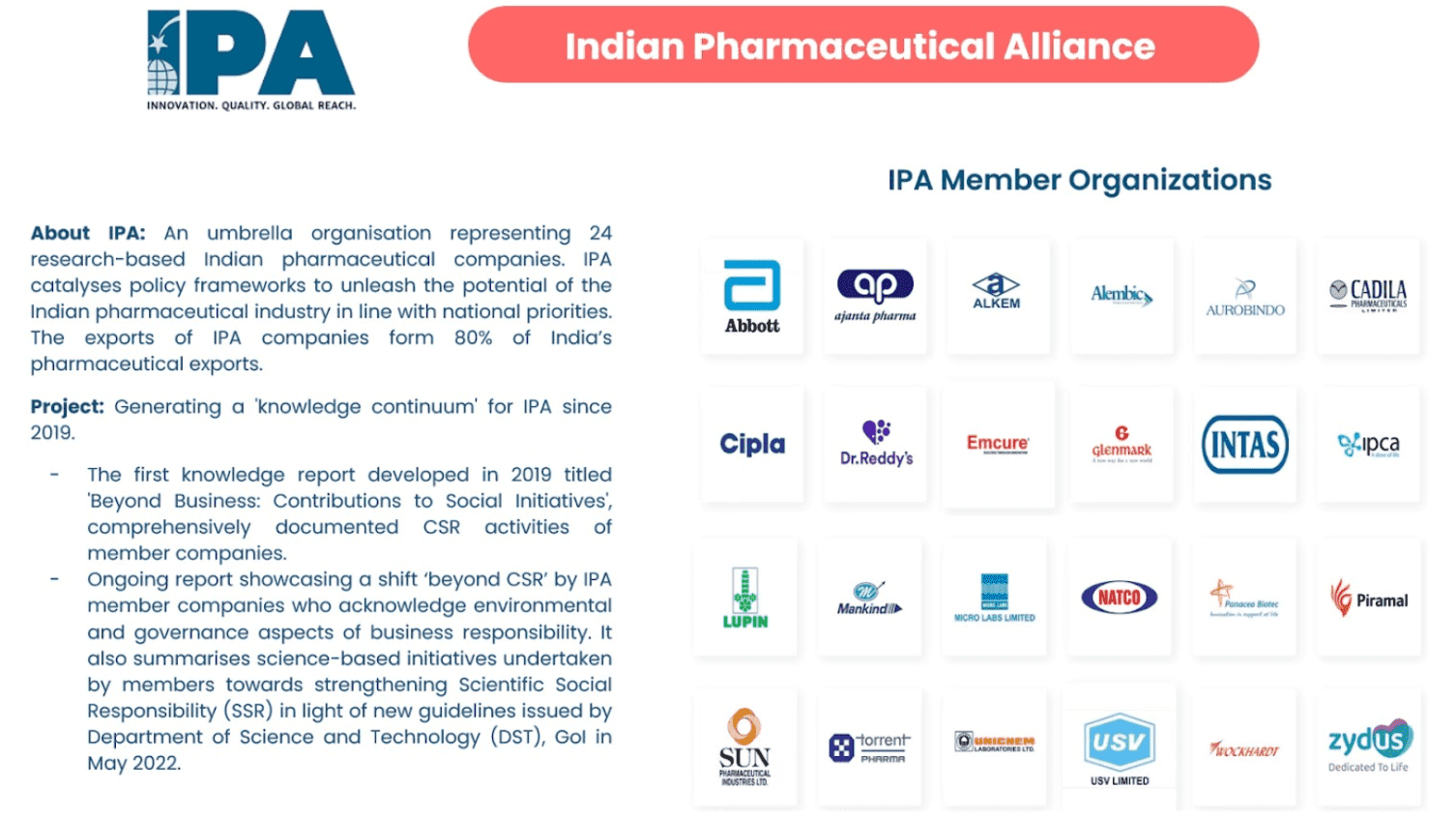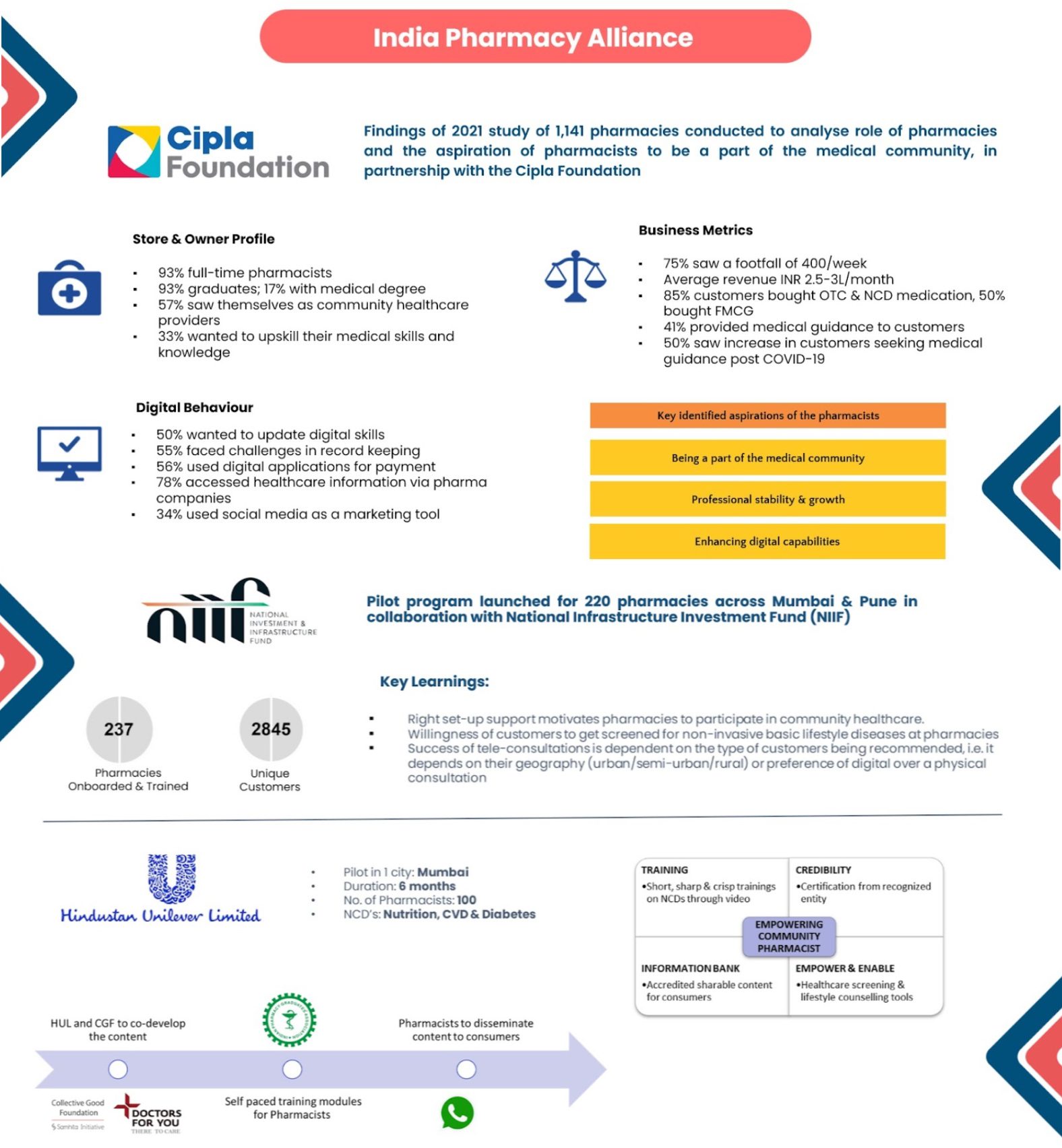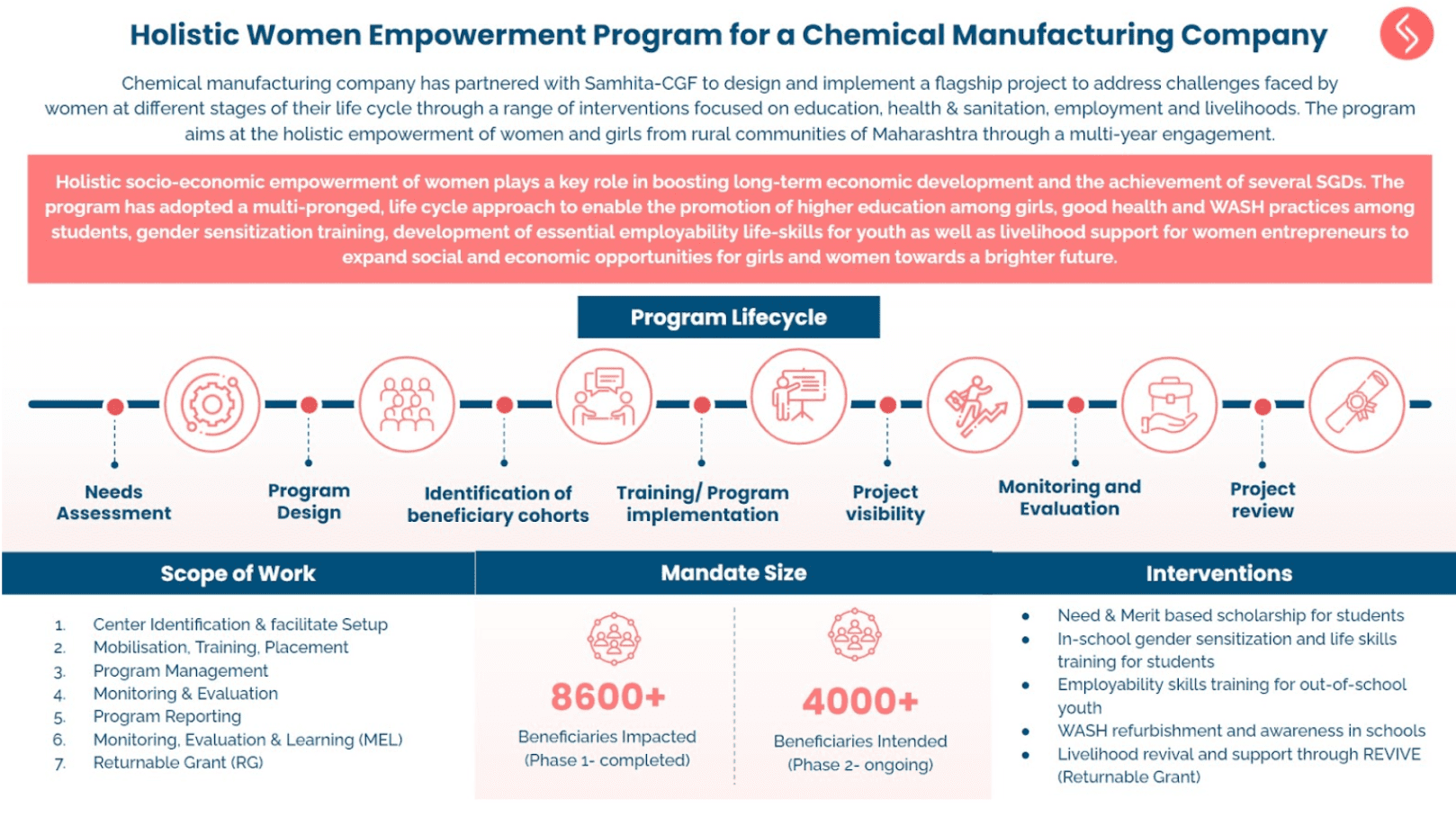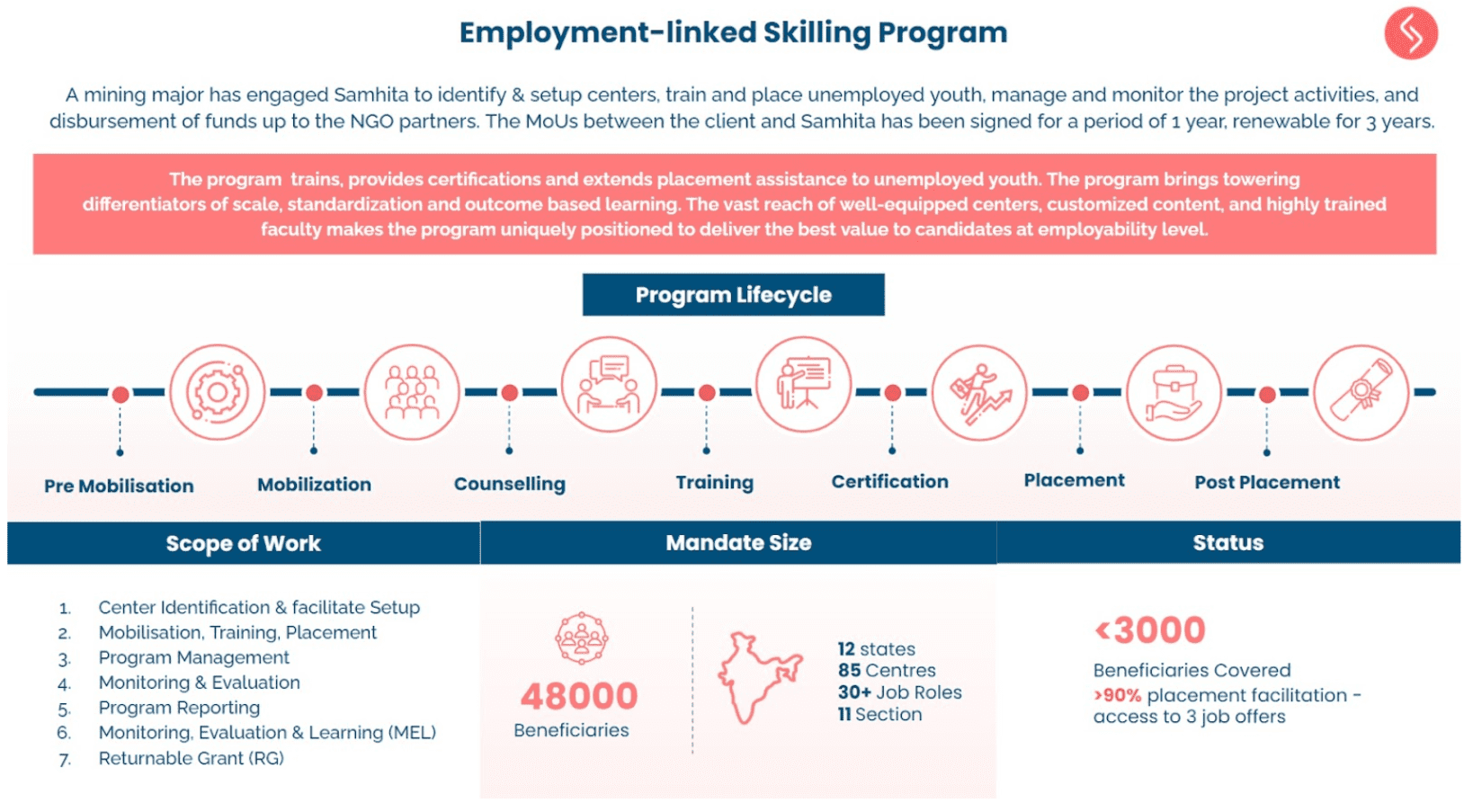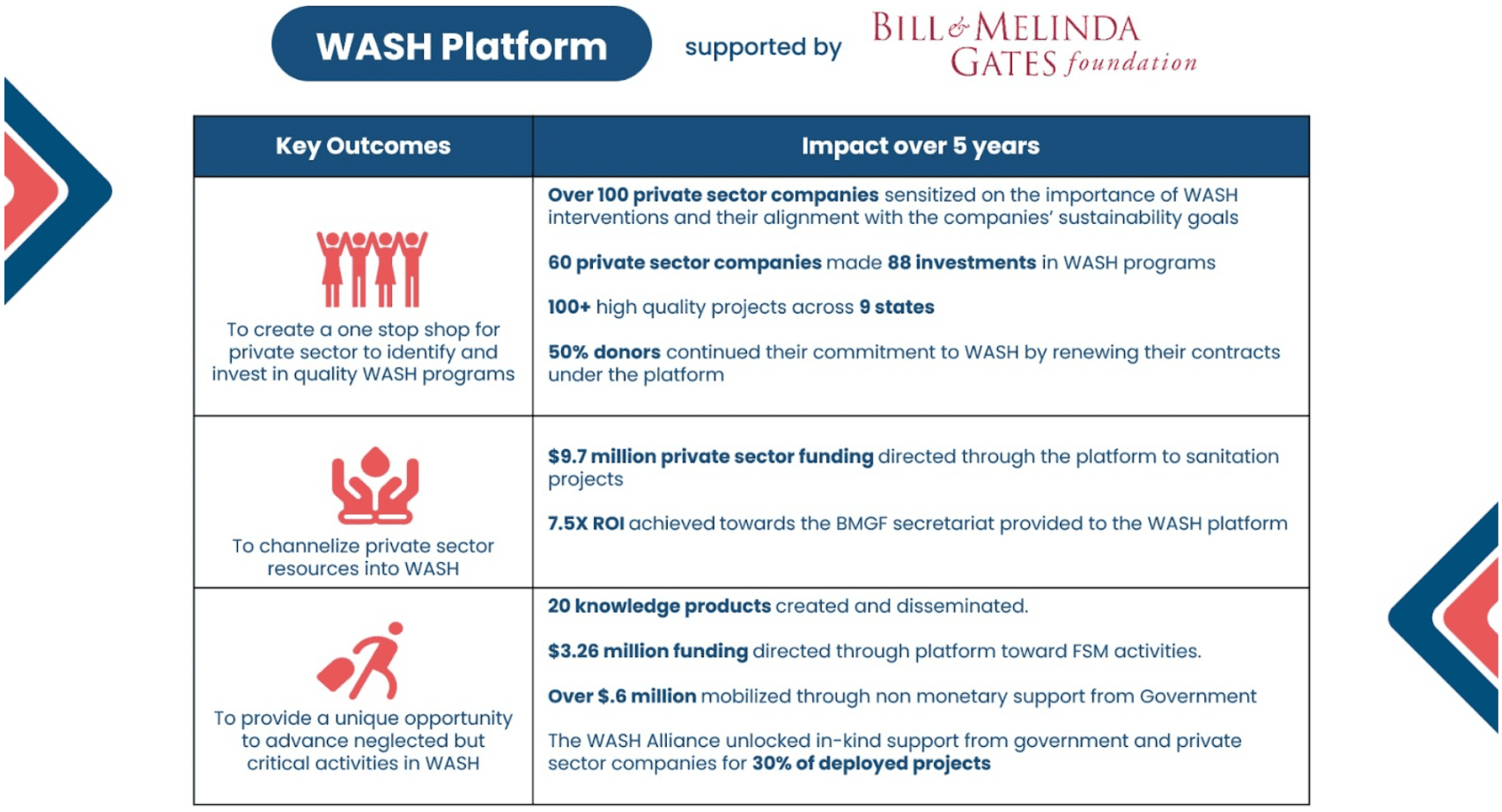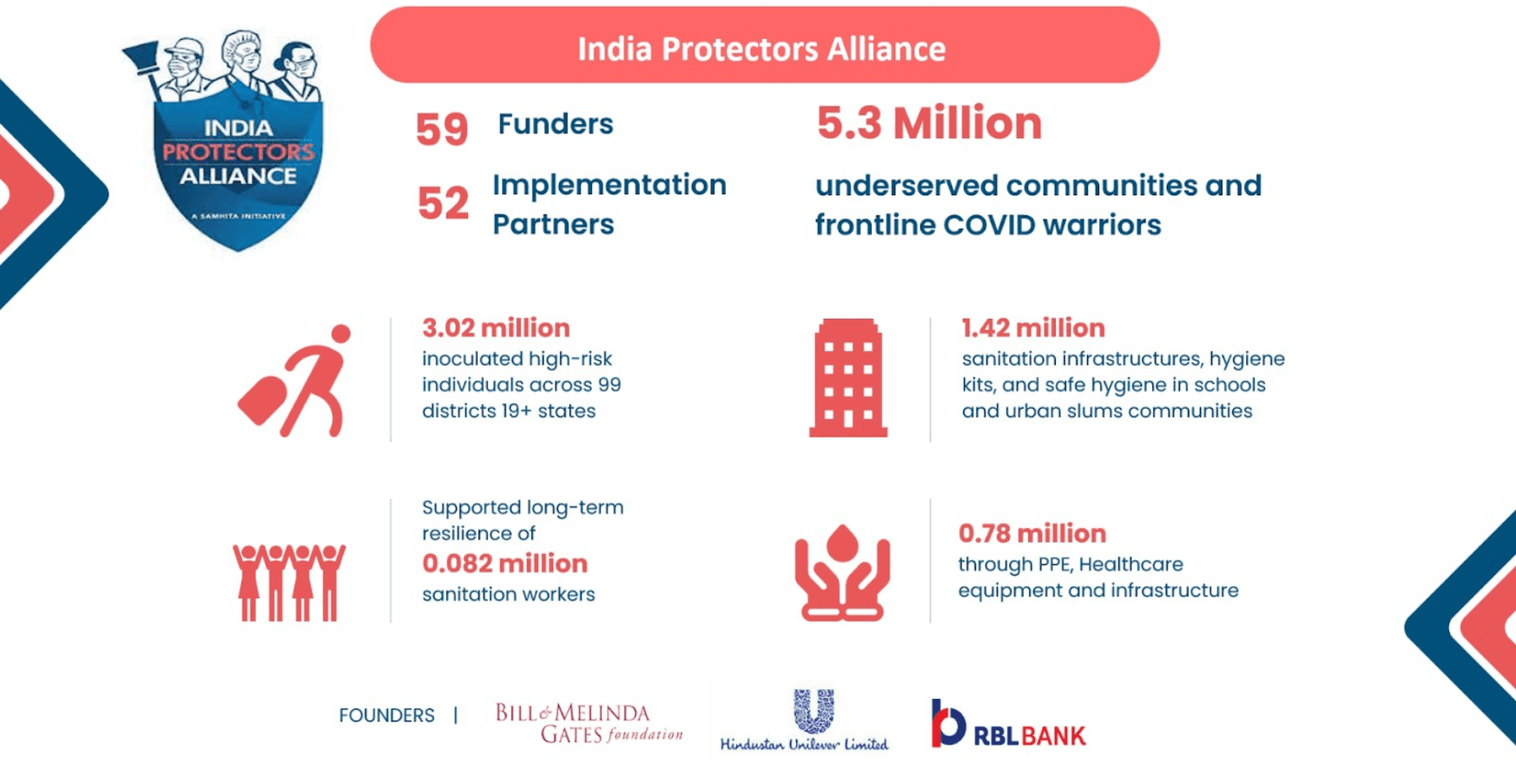Samhita–CGF partners with AMHSSC to aid 50,000 women to create thriving livelihood pathways
The REVIVE Alliance was set up with the mission of creating economic opportunities for vulnerable communities disproportionately impacted by the COVID-19 pandemic.
One of the Alliance’s mission, REVIVE Women@Work is to collectively drive economic recovery and resilience for low-income working women (small women-entrepreneurs and workers) through financial and digital inclusion, access to social security, skilling, and market linkages. Through these interventions, we aim to create sustainable and impactful livelihood opportunities for women to enter, sustain, and grow at their workplaces.
As part of this mission, we are happy to announce that Samhita – Collective Good Foundation (Samhita – CGF) has partnered with Apparel Made-Ups and Home Furnishings Sector Skill Council (AMHSSC) to complement the Government of India’s skilling mandate and augment the journey of 50,000 women to grow beyond gainful employment and create thriving livelihood pathways.
“Economically empowered women can be powerful catalysts for change. They tend to invest more of their income into the well-being of their families, have greater control over their reproductive health, and can significantly drive economic growth. Samhita’s partnership with AMHSSC aims to serve as a model to increase meaningful participation of women in the workforce and enhance their journey through skill building, adoption of positive health practices, and eventually become an agent of change in her community”
Priya Naik, Founder & CEO, Samhita Social Ventures.
Through this partnership, Samhita – CGF will enable livelihood linkages of 50,000 women to manufacturing units of large corporate houses, and support AMHSSC in offering customised and relevant services across 4 key areas critical to thrive in the workforce:
- Worker health & well-being education and services
- Awareness and Protection from Violence and harassment in the workplace
- Economic Empowerment and Professional development
- Encouraging Entrepreneurship
“In today’s world, one not only needs to be skilled in a Particular sector but must also be aware of his/her rights, especially for women to know their gender related rights. AMHSSC along with CGF is committed to provide such insights to the concerned stake holders, and support their journey into meaningful employment opportunities”
Dr Roopak Vasishtha, CEO, AMHSSC
Through Revive Women@Work, we envisage a better normal where more women are gainfully employed and acquire the necessary skills to take control of their own lives.
